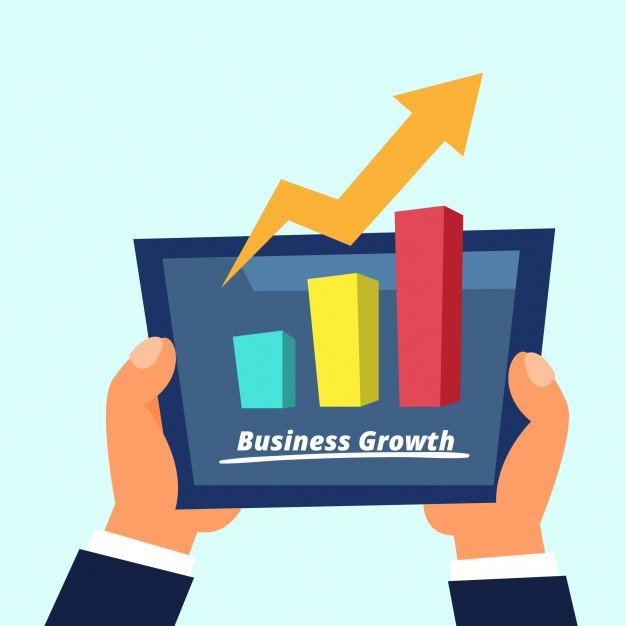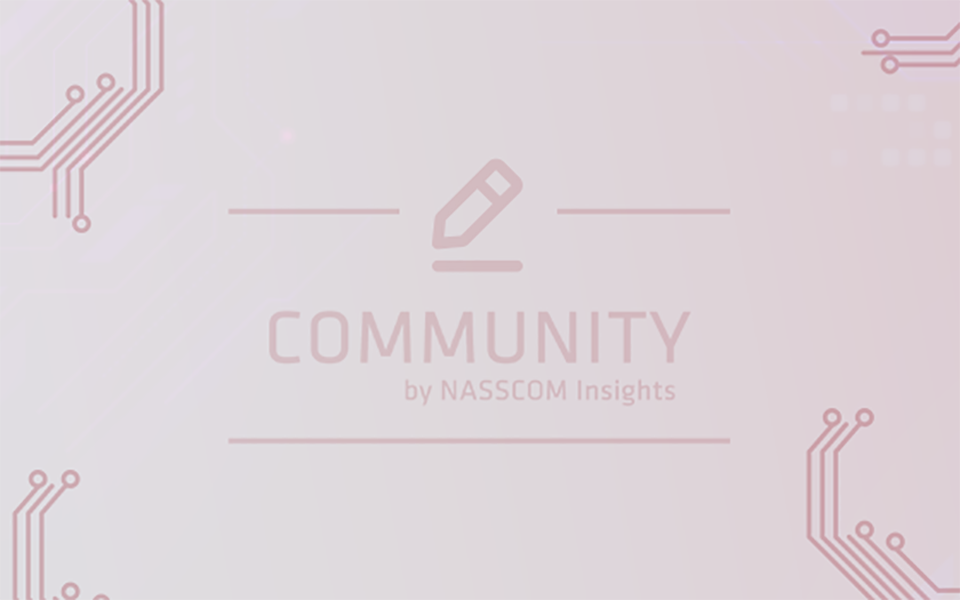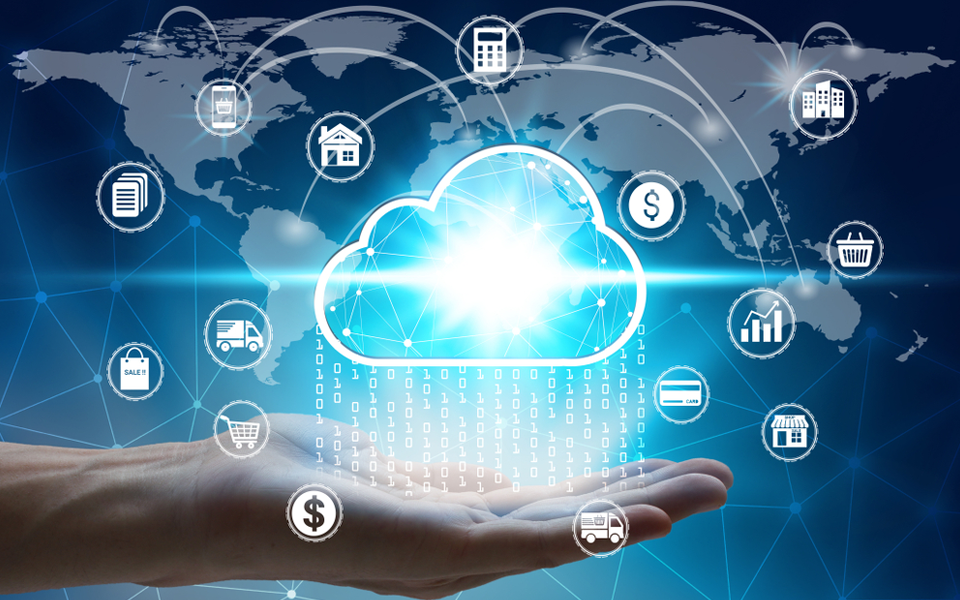Everything that we purchase nowadays has started to come with a duration-based subscription plan. Waking up in the morning and scrolling the New York Times on mobile, taking a cab to work, and watching your favorite web series on Netflix in the evening— almost everything is consumed as a subscription!

Studies show that the subscription e-commerce market has witnessed a growth of over 100% per year, over the last few years. (1) Retailers selling subscription-based products and services generated over $2.6 billion in sales, up from just $57 million in 2011.
The main reason behind the growth of subscription-based business model is that it provides customers a convenient, customized, and economical way to procure the services that they need.
And that’s why it is a trending term among the Cloud Service Providers (CSPs) as well.
With a subscription model, the CSPs can predict the income and the revenues, which further helps them to plan their business strategies accordingly. They can focus on the recurring revenue every month, quarter, or year.
Additionally, it becomes easier to bundle multiple products or services at affordable pricing on a recurring basis. From an end customer stand-point, it is very convenient as they do not need to pay huge upfront costs and they pay only on a consumption basis.
If you are a CSP, Microsoft has made some key recommendations that will help you optimize your cloud business and maximize the revenues.
Microsoft recommendations for CSPs
More and more enterprises from around the world are adopting the cloud because it provides them the scalability to scale up and down the resources on the basis of their requirements and pay only for what they use. They can also choose other options for buying cloud services, like on-demand, pre-paid, reserved capacity, and enterprise agreements.
While selling cloud services on a subscription-based model is cool, it comes with several challenges. As a CSP, it becomes difficult for you to manage all the invoices of the customers and bill them as per their plan. It gets all the more complex when customers go for multi-cloud services.

Microsoft is working closely with the CSPs and adding more than 7500 partners to its partner ecosystem every month. As a partner-oriented company, Microsoft understands the pain-points of its partners and other service providers.
Hence, to help partners minimize their challenges and to allow them to focus on the business, Microsoft recommends the usage of a billing tool.
Additionally, CSPs are also recommended to create their own IP (Intellectual Property) and sell managed services for increased profitability.
Benefits of a cloud billing software for CSPs
The complex billing processes and being stuck in provisioning of the cloud services can affect a business’s productivity and bring an additional burden on you if you are a CSP. The process of provisioning and billing the services should be faster, easy, and secure.
An integrated provisioning and billing software for cloud services can make things easier for you.
Following are the main advantages of billing software for CSPs:
- Improved operational efficiency
- Reduced operational costs
- Simplified customer onboarding
- Improved customer experience and satisfaction
- Boost in sales and revenue

If you use the right billing tool for your cloud business, it can help you to generate accurate invoices automatically. This is very critical because most of the customers have an average of 4-5 invoices every year depending on their billing cycles.
The software can remind customers about the pending invoices and save the time of your workforce, eventually saving operational costs and increasing cash flow.
There can be errors when you create the bills manually for all the billing models— pre-paid, post-paid, pay-per-use, etc. Use of the right tool can address this as well. Moreover, if you want to scale up your business then you need the billing automated else this could lead to customer dissatisfaction.
Further, your customers should be able to track their usage so that they know how much they have consumed and how much more they can consume. This transparency is important, especially for enterprise customers.
Features of a good cloud billing automation software for CSPs
-
Sell a wide range of offerings
Every billing tool should allow you to sell a wide range of products and services, rather than limiting you to a single offering. As a CSP, you should be able to offer numerous cloud services, like Microsoft Azure, Office 365, Amazon Web Services (AWS), IBM Cloud, Acronis Backup Cloud, etc.
-
Package and offer cloud/non-cloud services in a bundle
Eighty-five percent of the enterprises already have a multi-cloud strategy, according to IBM. And by 2021, this number will reach around 98%.
Bundling a number of cloud services and selling them as a package can help you sell more and acquire new customers. Hence, the right billing automation software should allow you to bundle the offerings and manage your billing automatically.
-
Provide offers/discounts on services
Selling services or products at a discounted price or providing promo codes to the customers is another great technique to boost sales. A great billing tool will help you do that.
-
Automate invoicing and payment processing
As mentioned above, the right tool should automate the generation of accurate invoicing, regardless of the number of invoices. The tool should also be capable of generating receipts after payment processing and also have the ability to handle credit and debit notes.
-
Automate provisioning management
An integrated provisioning management of the service with the billing tool helps the CSP to provision the services based on the customer paying his bills etc. It will save your time and ensure that provisioning of no service gets delayed and is handled as per his credit circumstances.
RackNap— a Microsoft Preferred solution
Now that you know the qualities and features of a good billing automation tool, introducing you to RackNap— an award-winning software to automate the billing and provisioning of cloud and non-cloud services.
RackNap is available on Azure Marketplace and is a Microsoft-preferred solution for its quality, performance, and ability to address customer needs.
Watch this webinar to know more about how RackNap’s billing capabilities can help you.
It is a unified platform for CSPs, web hosting providers, data centers, telcos, ISVs and subscription service providers to sell cloud along with traditional services. RackNap comes with all the qualities that you expect from a billing automation tool.
Cloud services that you can sell with RackNap
- Microsoft Azure
- Amazon Web Services (AWS)
- IBM Cloud
- Microsoft 365 and Office 365
- G Suite
- Acronis Backup Cloud

In addition, you can also automate the delivery of non-cloud services. Following are the additional services that can be delivered using RackNap, but are not limited to:
- SSL Certificates
- SiteLock
- Dedicated Servers
- Virtual Private Servers (VPS)
- Web Hosting
- Domain Names
- ISV Applications
Key features of RackNap
- Unified storefront to sell cloud and non-cloud services
- Single interface to target B2B and B2C segments
- Support for multiple billing options—pre-paid, post-paid, pay-per-use
- Self-service portal for end-customers
- Ticketing module to log in and manage customer issues
See RackNap in action
To know how exactly RackNap works and helps you stand apart from the crowd, book a demo today.
You can also reach out to us on touch@racknap.com for any query or to learn more about the platform.
(1) Reflects revenue for subscription e-commerce companies on Internet Retailer’s Top 500 list.

























